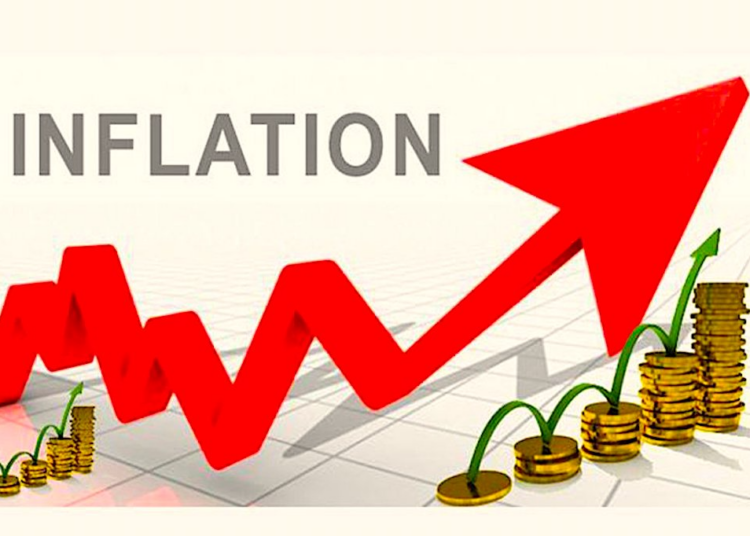Financial analysts have attributed the recent upward revision of Nigeria’s economic: growth by the International Monetary Fund’s (IMF) to improvements in macroeconomic conditions, particularly, easing inflation, currency stability, and a stronger oil sector performance.
The IMF, in its July World Economic Outlook (WEO), said it expected Nigeria to grow by 3.4 per cent in 2025, 40bps higher than the April forecast of 3.0 per cent and faster than global growth of 3.0 per cent, as it upgraded its growth forecast for sub-Saharan Africa to 4.0 per cent in 2025 in line with their growth expectations for Nigeria and South Africa.
Analysts believe the revised growth forecast primarily reflects strong economic activity in the first quarter of 2025, particularly in the oil sector, as improved security and investment have increased oil production.
According to analysts at Afrinvest West Africa, the IMF’s improved outlook for Nigeria ‘may have been supported by recent gains in price and currency stability.’ Data from the National Bureau of Statistics(NBS) had shown that headline inflation eased for the third consecutive month to 22.2 per cent in June, the lowest in six months.
On the currency front, the naira closed July at N1,533.55 to the dollar, a modest 0.1 per cent depreciation in the course of the year compared to the 38.8 per cent loss in value recorded in the corresponding 2024 period.
Saying higher crude oil production alongside recent uptrend in Brent price could have supported the case for Nigeria, analysts at Afrinvest, commenting on the IMF forecast, said, “we highlight the impact of enhanced contributions of modular and Dangote refineries which drove a 11.5% rise in Oil Refining in Q1:2025. Overall, these have played favourably for reserve accretion, Current Account balance, inflation and output growth.
“In all, the IMF’s revised growth forecast of 3.4 per cent for Nigeria broadly aligns with our earlier projection of 3.3 per cent for 2025. Despite the fragile agricultural performance in H1, the services sector should remain a pillar for sustained domestic resilience and steady momentum. “
For analysts at Coronation Merchant Bank, Nigeria’s upward revision reflects recent gains in real sector performance, particularly in services and industry. The National Bureau of Statistics (NBS) had reported a 3.13 per cent year-on-year real GDP growth in Q1 2025 after the rebasing, a notable improvement from 2.27% in Q1 2024. Nominal GDP also surged to N94.05 trillion, following a rebasing of national accounts to 2019 prices.
Noting that Nigeria’s GDP growth indicators suggest the country is gradually regaining its economic footing after years of subdued growth and fiscal imbalance, Coronation analysts stressed the need to phase out poorly targeted fuel and electricity subsidies, improve tax efficiency by removing exemptions, and preserve central bank independence as pointed out by the IMF.
“These measures are vital to unlocking fiscal space, reducing debt vulnerabilities, and promoting inclusive growth. Without these interventions, Nigeria risks stagnation while Sub-Saharan Africa’s average growth of 4.0 per cent in 2025 and 4.3 per cent in 2026 looks more robust,” the said.
In its July 2025 edition of the World Economic Outlook (WEO) Update titled ‘Tenuous Resilience amid Persistent Uncertainty,’ the International Monetary Fund (IMF) adopted a cautiously optimistic tone, revising its global growth and inflation forecasts modestly upward relative to its April 2025 projections.
While headline numbers point to a slightly improved outlook, the IMF cautions that underlying risks, particularly related to tariffs, geopolitical frictions, and financial volatility—remain considerable.





